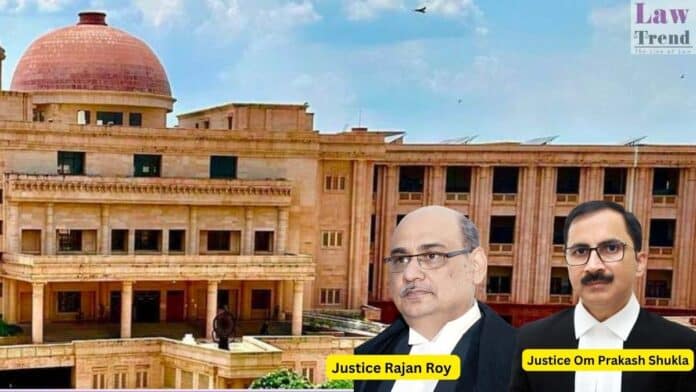In a significant ruling, the Allahabad High Court, Lucknow Bench, upheld the recovery of excess payments made under the Modified Assured Career Progression Scheme (MACPS) from several retired employees of the Ministry of Information and Broadcasting. The Division Bench comprising Justice Rajan Roy and Justice Om Prakash Shukla ruled that the pensioners were pre-informed about
To Read More Please Subscribe to VIP Membership for Unlimited Access to All the Articles, Download Available Copies of Judgments/Order, Acess to Central/State Bare Acts, Advertisement Free Content, Access to More than 4000 Legal Drafts( Readymade Editable Formats of Suits, Petitions, Writs, Legal Notices, Divorce Petitions, 138 Notices, Bail Applications etc.) in Hindi and English.




